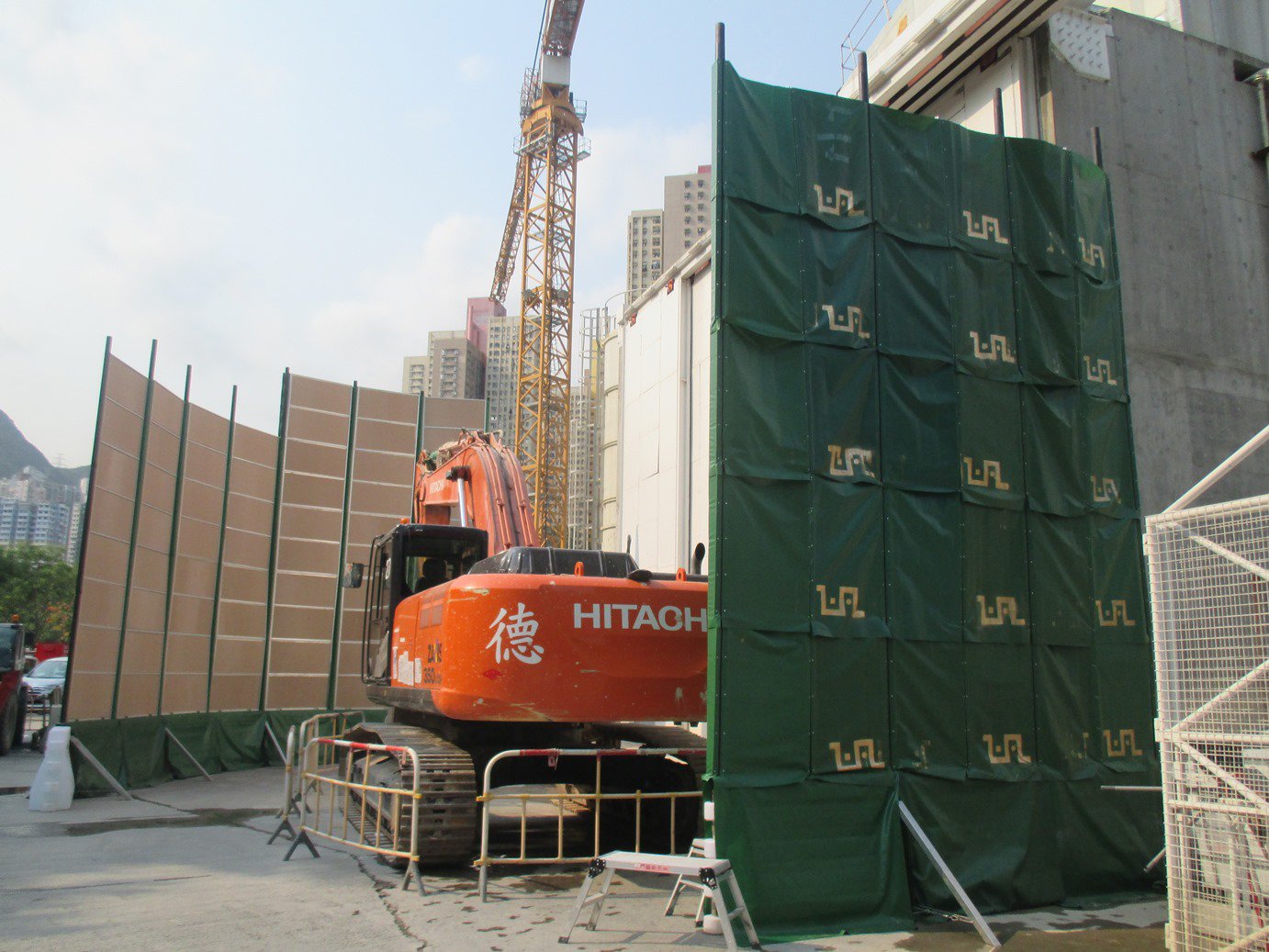Noise pollution can be a major contributor to stress, lack of sleep and decreased productivity in our daily lives. In highly populated cities such as Singapore, abundant noise sources exist; therefore, the need for noise barriers is essential. Noise barriers are structures or materials used to reduce levels of sound from one location to another. This post will discuss how people benefit from the implementation of noise barriers in Singapore and how this helps create a healthier environment for its citizens.
The noise problem in Singapore
Living in an overcrowded and bustling city should not be synonymous with needing to bear daily nuisance from noise pollution. Unfortunately, this is something that Singaporeans have been used to for many years now. Constant barrage of traffic noises on busy roads and highways can cause physical stress, increased blood pressure, sleep disorders and fatigue for a large portion of the population.
To help reduce these effects, the government has introduced noise barrier installations at key locations nationwide in order to mitigate high levels of sound.
How noise barriers help reduce noise pollution
Noise pollution has become a major issue in Singapore and it is important to take steps to reduce its impact. One way of doing this is through the use of noise barriers, which are physical structures used to block or reduce unwanted sound from reaching certain areas. They can effectively reduce noise levels by absorbing, deflecting, and diffusing sound waves before they reach their target.
Noise barriers can also be used with other methods such as sound insulation and noise-reducing materials to achieve greater reduction in noise pollution. Not only do they provide valuable protection from disturbing sounds, they also help to improve the quality of life in noisy environments.
Noise barriers are a viable solution to mitigate the effects of noise pollution in Singapore. These non-intrusive structures can make the difference between a peaceful, tranquil environment or one that is constantly disrupted by noise. Noise barriers are capable of providing numerous benefits to residents, such as improved mental health, better concentration, less stress, and improved sleep.
Additionally, physical properties like decreased vibration and sound transmission into air also contribute to an overall quieter living experience for citizens living near noisy areas. It’s little wonder why these noise barriers have become increasingly popular in Singapore as an effective way to reduce environmental noise levels.
Singapore is an urbanised country and as such, noise pollution affects a large number of people. To combat this problem, the government has implemented noise barriers in many areas of the city. This has had tangible benefits for those living near busy roads, expressways, and amenities. One case study looked at a residential precinct located next to part of Changi Airport Runway 3. After installation of noise barriers, those living in the area experienced immediate relief from aircraft engine noise interference.
Additionally, other benefits included reduction of background noise while speaking or using electronic devices within the residential precinct area.
Thanks to this improvement in sound quality and environment, it was found that residents living there now reported enjoyment during recreation time as noise levels were significantly reduced.
Clearly, these findings show us how much people have benefited from proper installation of noise barriers in Singapore and demonstrate why it’s so important for such measures to be taken in high-publicity areas like airports.







